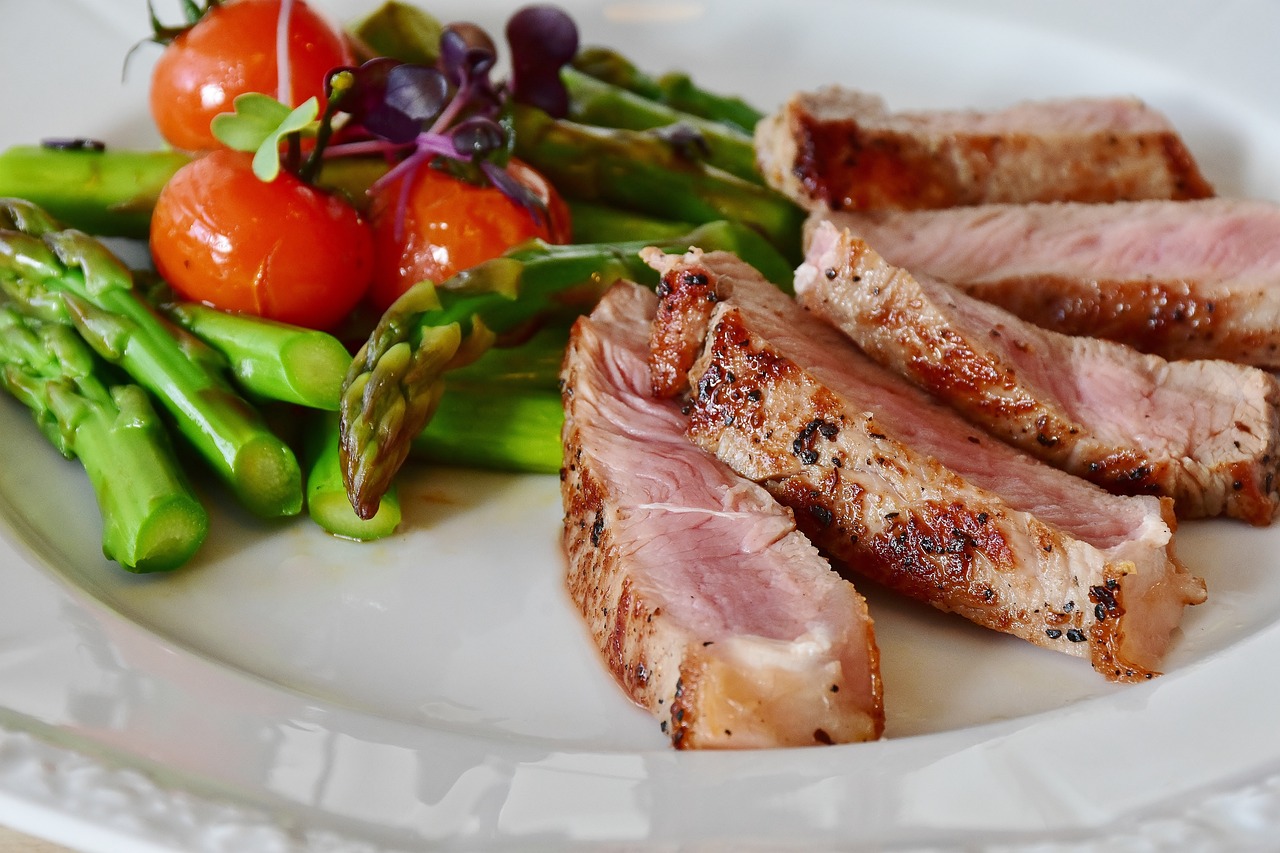“`html
In the world of sports, nutrition plays an indispensable role in optimizing performance and promoting recovery. Athletes at all levels understand that what they fuel their bodies with directly affects their effectiveness in training and competition. From endurance runners to weightlifters, the right nutrition can be a game changer, providing the energy and nutrients necessary to push the limits of physical performance. In this post, we delve into the intricacies of sports nutrition, exploring its fundamentals, key components, and practical tips for athletes aiming to enhance their performance.
The Fundamentals of Sports Nutrition
Understanding Nutritional Needs
Sports nutrition is tailored to meet the unique dietary needs of athletes. Unlike the average individual, athletes require a specific balance of macronutrients and micronutrients that support rigorous physical activity. Here are the main components:
- Carbohydrates: The body’s primary energy source, essential for sustained exercise.
- Proteins: Crucial for muscle repair and recovery.
- Fats: A secondary energy source, important for long-duration activities.
Hydration: An Often-Overlooked Aspect
Staying hydrated is essential for peak performance. Dehydration can lead to fatigue, reduced coordination, and impaired thermoregulation. Key points to remember include:
- Drink water before, during, and after exercise.
- Consume electrolyte-rich drinks for prolonged activities.
- Monitor your urine color to gauge hydration levels.
Macronutrients and Their Role in Athletic Performance
Carbohydrates: Fuel for Athletes
Carbohydrates are crucial for maintaining energy levels. They break down into glucose, which powers physical activities. Consider these carbohydrate-rich foods:
- Whole grains (brown rice, quinoa)
- Fruits (bananas, berries)
- Vegetables (potatoes, sweet potatoes)
For best results, consume carbohydrates before engaging in high-intensity workouts or competitions.
Proteins: Building Blocks of Muscle
Protein consumption is vital for muscle recovery and growth. Athletes should aim for a diverse diet that includes:
- Lean meats (chicken, turkey)
- Fish (salmon, tuna)
- Dairy (Greek yogurt, cottage cheese)
- Plant-based options (beans, lentils, tofu)
Aim for approximately 1.2 to 2.0 grams of protein per kilogram of body weight, depending on the intensity of your training regimen.
The Importance of Micronutrients and Supplements
Vitamins and Minerals for Optimal Performance
While macronutrients are critical, micronutrients also play a significant role in energy production and muscle contraction. Key vitamins and minerals include:
- Iron: Important for oxygen transport in the blood and energy metabolism.
- Calcium: Crucial for bone health and muscle contractions.
- Vitamin D: Supports bone health and immune function.
Eating a variety of colorful fruits and vegetables can help ensure adequate intake of these essential nutrients.
Supplements: Should Athletes Use Them?
While whole foods should always be the priority, some athletes may benefit from supplements, such as:
- Protein powders: Convenient for meeting protein needs.
- Creatine: May enhance strength and performance in high-intensity activities.
- Omega-3 fatty acids: Support joint health and reduce inflammation.
Consulting a sports nutrition expert can guide supplement use to ensure effectiveness and safety.
Timing and Meal Planning for Athletes
The Anabolic Window
The time immediately following a workout is often referred to as the anabolic window, a critical period for recovery. Consider these strategies:
- Consume a meal rich in carbohydrates and protein within 30-60 minutes post-workout.
- Example: A smoothie with banana, protein powder, and spinach is an ideal recovery option.
Planning Balanced Meals
Effective meal planning involves incorporating all food groups to ensure adequate nutrition. Follow these tips:
- Utilize the plate method: Fill half your plate with fruits and vegetables, a quarter with proteins, and a quarter with whole grains.
- Prepare meals in advance to avoid last-minute unhealthy choices.
For example, grilled chicken with quinoa and steamed broccoli constitutes a balanced meal.
Conclusion
In conclusion, sports nutrition is integral to maximizing athletic performance. By understanding and implementing the right balance of macronutrients, remaining hydrated, ensuring an adequate intake of vitamins and minerals, and timing meals effectively, athletes can dramatically enhance their performance and recovery. Whether you’re a seasoned athlete or just starting your fitness journey, paying attention to your nutritional needs is a step towards achieving your goals. Remember, optimal performance comes from not just hard work in training but equally from smart, informed choices at the table.
“`



